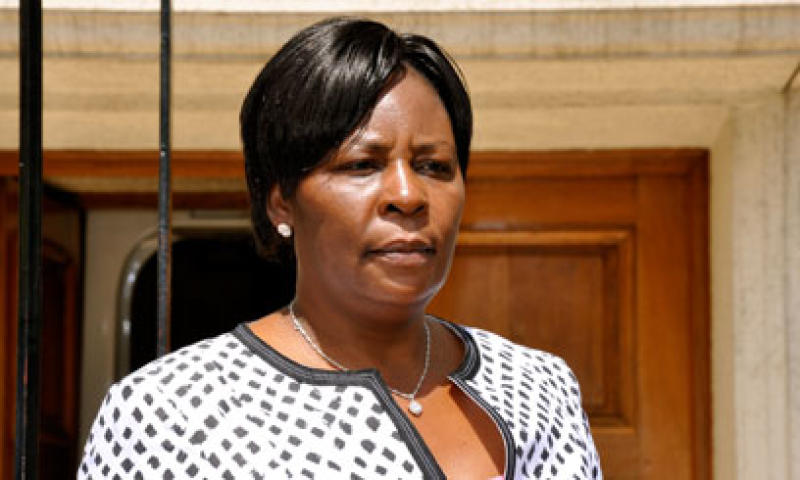×
The Standard e-Paper
Smart Minds Choose Us

Deputy Chief Justice Philomena Mwilu’s arrest and impending prosecution has elicited debate on whether the seat is jinxed.
Justice Mwilu’s predecessors, Nancy Baraza and Kalpana Rawal, did not have it easy either.